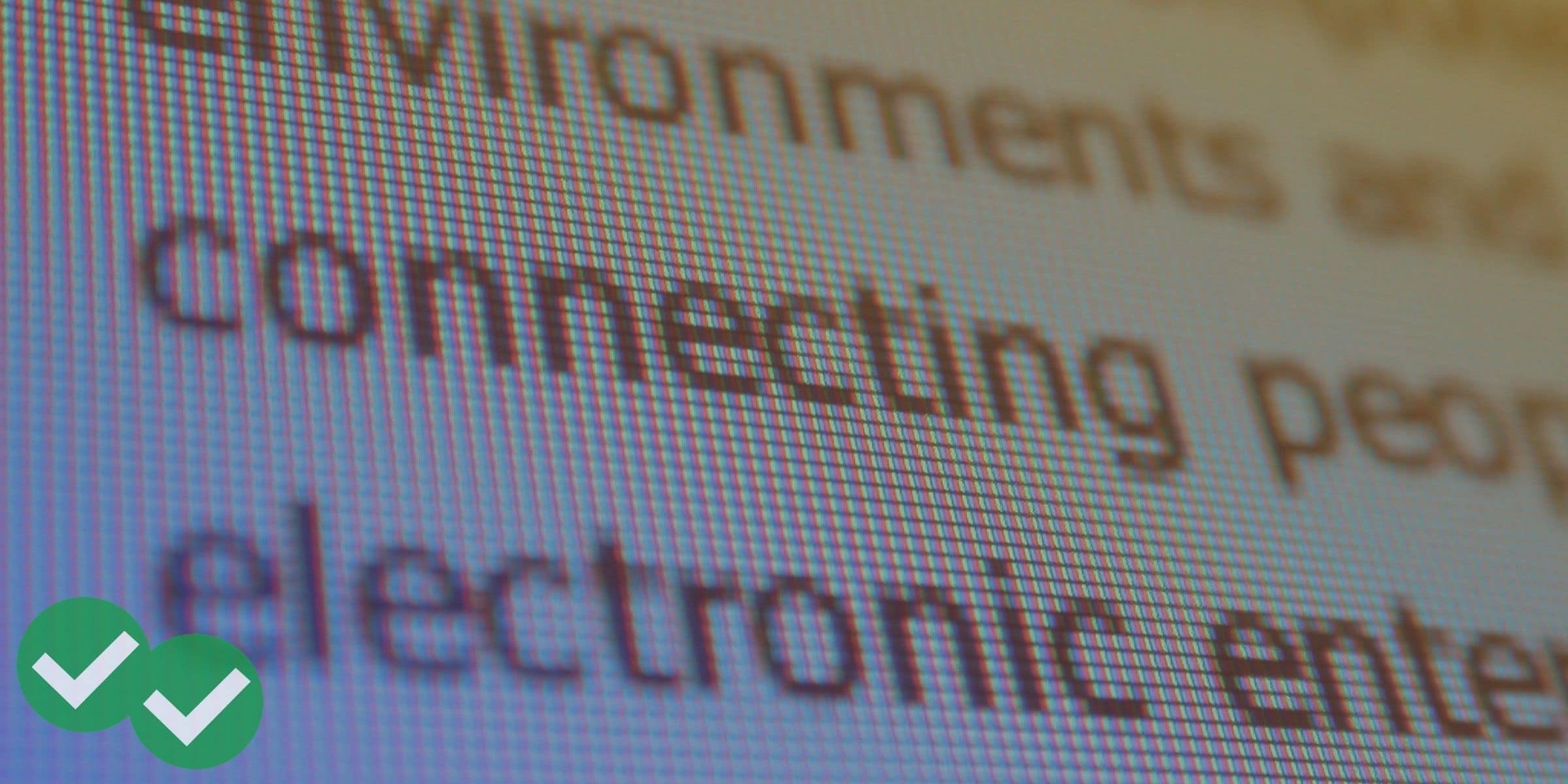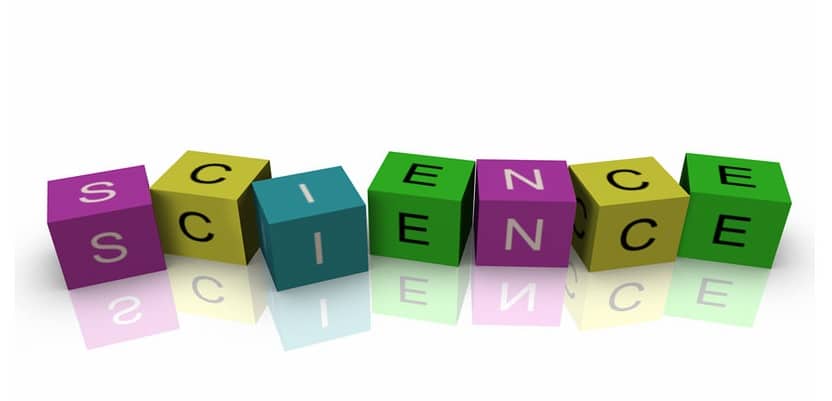Reading out loud gets an unfair reputation. A lot of people see it as something you do when you’re a kid… or something you only do with kids, if you’re reading a story to small children. The truth is, there’s a lot of educational value in reading out loud, even for adult learners.
Read out loud for deeper understanding of the language
Reading out loud can deepen your understanding of English. A word has many different levels of meaning—its grammar, its literal definition, its connotation, and yes—its sound. When you’re able to hear English in your head as you read, you have a truly complete understanding of the words you’re reading. And one of the best ways to build that skill is to read the words out loud.
Reading out loud is not just for beginner-level English learners. It can also help skilled English readers comprehend dense, challenging texts. When I was in graduate school, my linguistics study group and I would often get together and read our challenging textbooks out loud. It really helped us fully understand the course material. And it was a student from Japan who first suggested we do this. Through reading aloud, she had managed to master English academic texts at a graduate level!
Read out loud to test your language ability
Recently, I did a read-aloud activity with a Peruvian ESL student of mine. I had her read a passage from John Steinbeck’s novel The Pearl out loud. Her pronunciation was fairly good, but she admitted to me that she’d discovered a problem. When she read The Pearl silently, she understood everything she was reading. But when she read out loud, she had to focus so carefully on her pronunciation that she couldn’t focus at all on meaning. She got to the end of the passage without really understanding anything she’d read.
Through this exercise, my student was able to realize that she needed to become more comfortable with pronunciation. Even though her pronunciation was good, the act of pronouncing English well put a lot of mental strain on her and affected her overall performance. She also realized she needed to understand her readings more automatically, so she could pay some attention to her pronunciation without losing all focus on the meaning of the words on the page.
Perhaps most obviously, reading out loud makes for a great pronunciation diagnostic. Read a passage out loud to a tutor or teacher, and they can help you catch your most common mistakes as they happen. But you can also check your pronunciation ability through self-study—just find a book that also has an audiobook version. Read the text out loud and compare your pronunciation to that in the recording. You can buy paired books and audiobooks on websites like Amazon.com. But there’s also free text/audiobook bundles on the Web, such as the set of text/audio American classic novels offered on the American English at State website.
Read out loud to improve your writing
Nothing’s harder than correcting your own writing mistakes. People have a natural tendency to skim things they themselves have written, accidentally skipping words and other details. It’s easy to just glance at a sentence you already wrote, and not notice a small spelling mistake, grammar error, etc….
Carefully reading something you’ve written out loud forces you to really pay attention to every single word. This kind of deeper, more attentive reading allows you to spot mistakes in your writing that you’d otherwise miss. It also gives you a better understanding of how your writing will “sound” in the minds of your readers. In this way, you can catch the small mistakes bad detect broader changes that can make your writing flow more smoothly.





